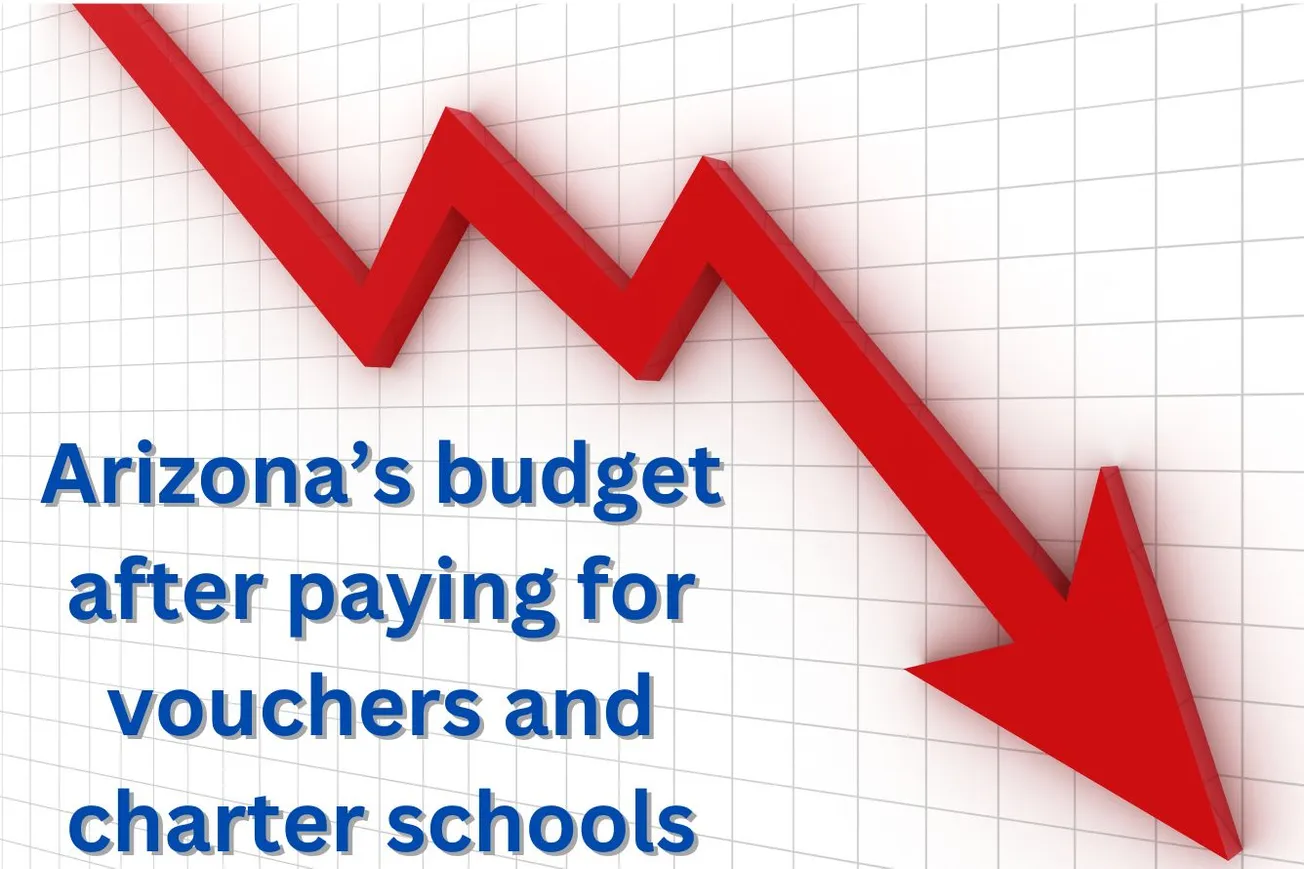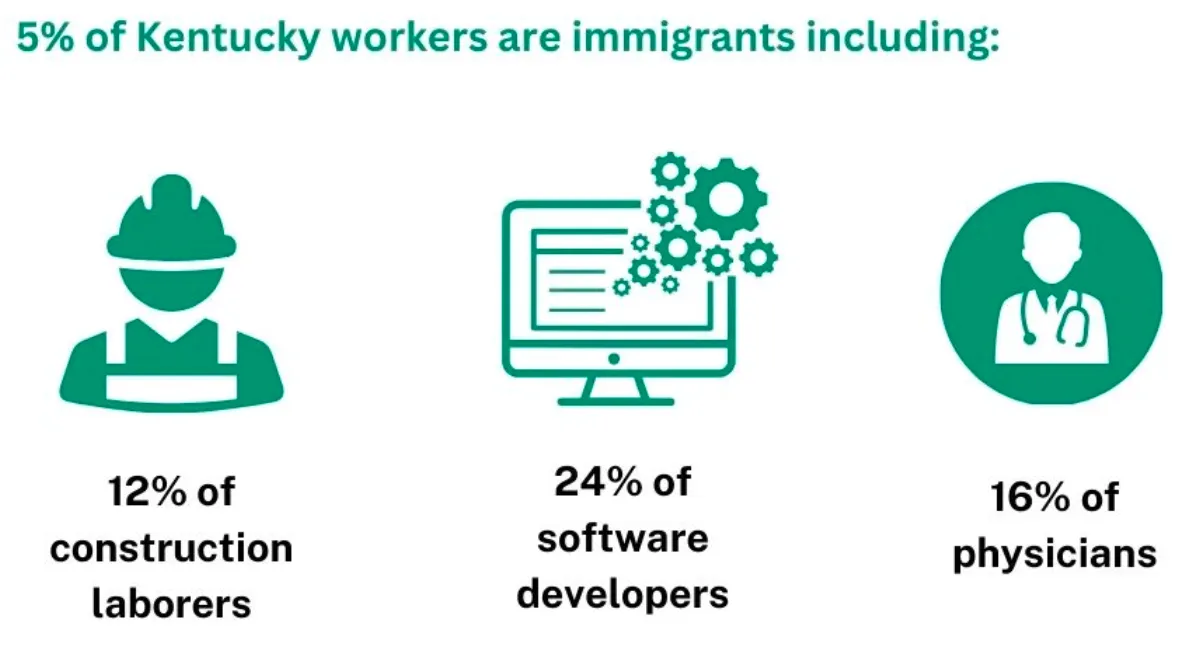Table of Contents
The advocates of the so-called “school choice” amendment may paint a lovely fantasy of improved educational benefits to students statewide, but that’s what it is: a fantasy. Because in real life, vouchers by any other name mean defunding public schools, budget shortfalls, rising private-school tuition, and deep cuts to essential programs. Kentucky cannot afford to destroy its public schools while decimating its budget.
Sounds apocalyptic? Read on.
Arizona has been ground zero in the Koch Machine’s war on public schools. The state began its voucher program (called the Empowerment Scholarship Account, or ESA) in 2011. Initially, who could get a voucher was limited by income, but, in 2022, the state eliminated the cap on income; now any family — not matter how rich — could get private-school welfare benefits. This school year the universal voucher program is expected to cost $429 million. (Next year’s voucher outlay and shortfall are expected to be even bigger.) Last year, Arizona’s shortfall was $650 million, of which half was the cost of the universal voucher program. Not coincidentally, Arizona faced a $1.4 billion shortfall this year.
So did Arizona cut back on the unaffordable voucher program? You’re kidding, right? Destroying public education has been a top priority for the Koch Machine for decades. The former governor, Doug Ducey, actually made a presentation before a summit of Koch mega-donors! There he doubled down on his commitment to doing the Kochs’ bidding on school vouchers. The Arizona GOP is pretty firmly in the Koch pocket.
Instead, Arizona cut $333 million for water infrastructure projects. This is a state that, along with New Mexico and Nevada, thanks to drought and increased usage, had been threatening to dry up Lake Mead, which is two-thirds empty now. (Lake Mead is one of two reservoirs for the Colorado River water that supplies those three states.) The U.S. Bureau of Land Management issued a shortage declaration that Arizona would have to make due with 18% less water than the state’s been getting. Gee, those water infrastructure projects really could have come in handy!
The state legislature also nixed tens of millions of dollars in highway expansion for Phoenix and its suburbs, and improved air conditioning for state prisons in a state where the temperatures are routinely in the triple digits, inviting even more spending due to the inevitable lawsuits. They cut $54 million from Arizona’s community colleges.
Initially, Arizona legislators had said that a voucher program wouldn’t cost the taxpayers anything, although how anyone could have believed that, I can’t imagine. The Goldwater Institute, part of the Kochs’ consortium of right-wing think tanks, said vouchers would actually save money. They wrote, just two years ago, in Item No. 7 in their pro-voucher manifesto: “Every Arizona family has a state constitutionally-guaranteed right to attend a public school at taxpayer expense. Families who choose an ESA get to pursue a great education for their children for less than it would cost taxpayers if they were in the public school system.”
Gee, how did that turn out?
It seems that those most likely to take advantage of vouchers aren’t the parents of current public school students, but the parents of students already in private school or homeschooled. So instead of saving money, the voucher program started paying lots of money towards students they hadn’t been paying to educate before. Because those parents tended to be wealthier than average, what you have is a transfer of tax money from the bottom to the top.
Poor Arizonans seem stuck in a voucher hellhole. But Kentucky has a chance to say no to turning into Arizona on Nov. 5. Vote no on Amendment 2.
--30--
| Tip Jars |







